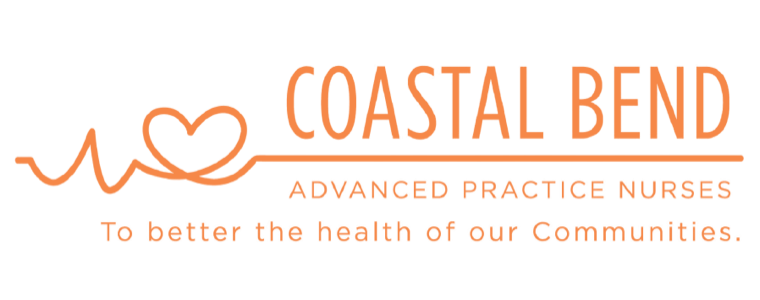Resources for Immediate Disaster Behavioral Health Response
Posted over 8 years ago by Cristi Day
Resources for Immediate Disaster Behavioral Health Response
General Disaster Response and Recovery Information
-
Tips for Survivors of a Disaster or Other Traumatic Event: Managing Stress—This SAMHSA tip sheet gives stress prevention and management tips for dealing with the effects of trauma, mass violence, or terrorism. It lists tips to relieve stress, describes how to know when to seek professional help, and provides accompanying resources here.
This tip sheet is also available in Spanish here - Psychological First Aid (PFA)—Developed jointly by the National Center for Posttraumatic Stress Disorder and the National Child Traumatic Stress Network, PFA is an evidence-informed modular approach for assisting people in the immediate aftermath of disaster and terrorism: to reduce initial distress, and to foster short- and long-term adaptive functioning.
- Effects of Traumatic Stress After Mass Violence, Terror, or Disaster—This web page from the National Center for Posttraumatic Stress Disorder (PTSD) describes the emotional, cognitive, physical, and interpersonal reactions that disaster survivors may experience and discusses potentially severe stress symptoms and PTSD, anxiety disorders, and depression. The page also provides information about how survivors can reduce their risk of psychological difficulties and recover from disaster stress.
Hurricane- and Flood-Specific Information
- Hurricanes and Tropical Storms—The SAMHSA Disaster Distress Helpline provides information on who is most at risk for emotional distress from hurricanes and tropical storms and where to find disaster-related resources.
Call 1-800-985-5990 or text TalkWithUs to 66746 Spanish Speakers Call 1-800-985-5990 and press "2" From the U.S., text Hablanos to 6674
-
Disaster-Specific Resources Disaster Behavioral Health Information Series (DBHIS) Installment—This SAMHSA Disaster Technical Assistance Center (DTAC) DBHIS installment is a collection of resources focused on preparedness and response for specific types of disasters. The main installment is here:
Also available are subsections specific to hurricanes and floods - Natural Disasters and Severe Weather—The mission of the Centers for Disease Control and Prevention (CDC) is to increase the health security of the United States. This CDC website provides information on a host of types of natural disasters, including hurricanes and floods.
- Hurricane Preparedness—The American Red Cross provides tips on how to properly prepare and respond to typhoons/hurricanes in order to remain healthy and safe.
Resources for Children, Youth, Parents and Other Caregivers, and Schools
- Tips for Talking With and Helping Children and Youth Cope After a Disaster or Traumatic Event: A Guide for Parents, Caregivers, and Teachers—This fact sheet can help parents, caregivers, and teachers recognize and address problems in children and teens affected by a disaster. Readers can learn about signs of stress reactions that are common in young survivors at different ages, as well as how to help children through grief here.
- Hurricanes—This federal website offers information geared toward kids on preparing, responding, and staying safe after a hurricane.
- Parent Tips for Helping Children and Teens After Disasters—These tables list possible reactions, suggested responses, and examples of things parents can do and say to children and teens affected by a disaster.
Tables are available for specific age ranges.
Resources Focused on Older Adults
- Healthy Aging: Emergency Preparedness for Older Adults: This CDC web page provides links to materials on a range of emergency preparedness considerations for older adults.
- What You Need To Know About . . . Helping the Elderly Recover From the Emotional Aftermath of a Disaster—This one-page fact sheet lists common reactions older adults may have after a disaster and warning signs that they may need extra help, as well as strategies to help older adults with special needs they may have.
Resources for Disaster Responders
-
Tips for Disaster Responders: Preventing and Managing Stress—This SAMHSA tip sheet helps disaster response workers prevent and manage stress. It includes strategies to help responders prepare for their assignment, use stress-reducing precautions during the assignment, and manage stress in the recovery phase of the assignment.
This tip sheet is available in Spanish here - Disaster Mental Health for Responders: Key Principles, Issues and Questions—This Centers for Disease Control and Prevention (CDC) web page presents information that may be helpful to disaster survivors and first responders during and after a disaster. The page opens with guiding principles and also features survivor needs and common responses to disasters, signs that someone may need a mental health referral, common signs of stress among disaster responders, and examples of ways to care for yourself after a disaster.
- Psychological First Aid: How You Can Support Well-Being in Disaster Victims—This fact sheet by the National Child Traumatic Stress Network explains how disaster response workers can use Psychological First Aid to help people in distress after a disaster.

Comments
No comments yet.
Only active members can comment on this announcement.
Learn more about membership